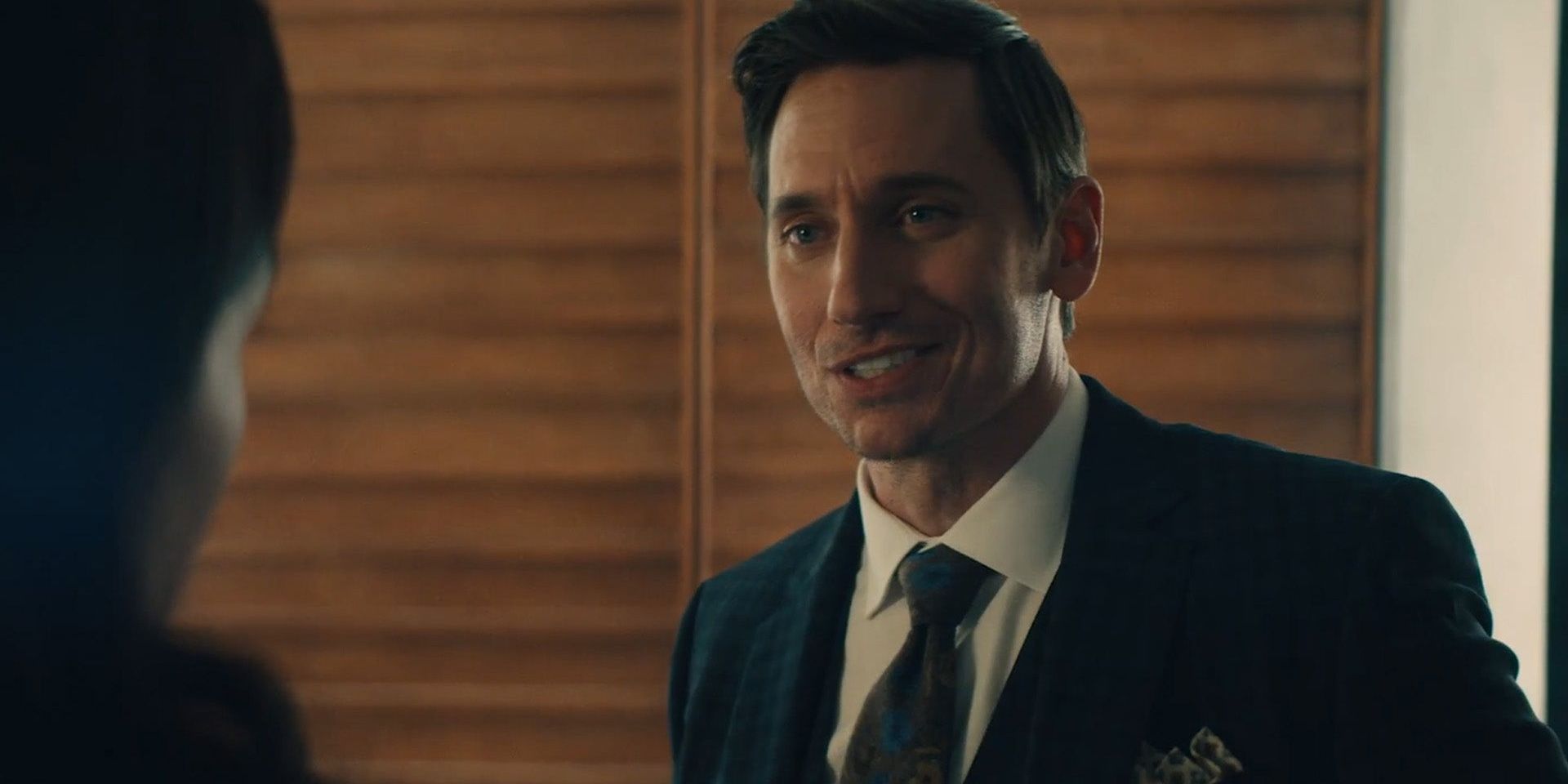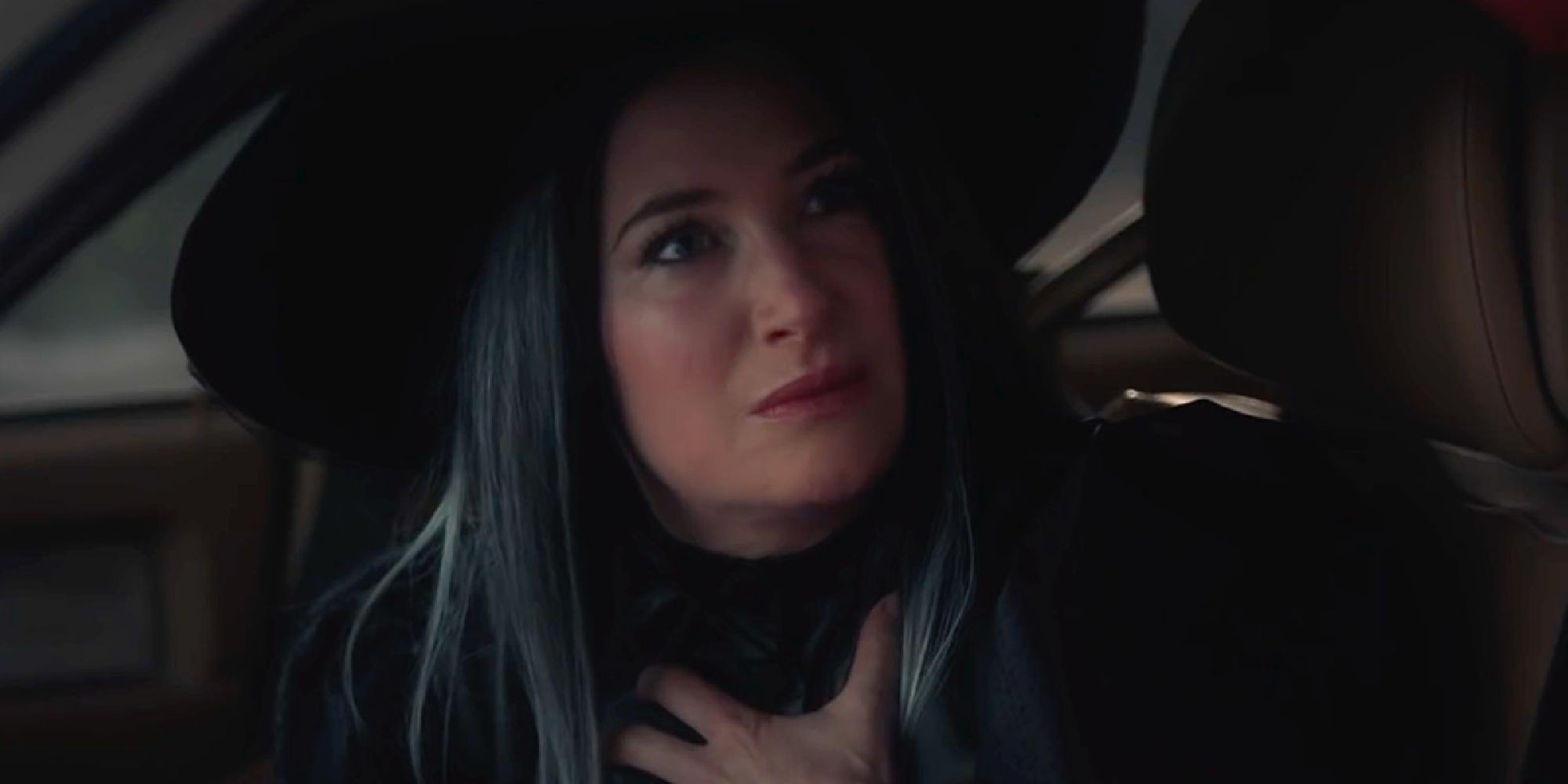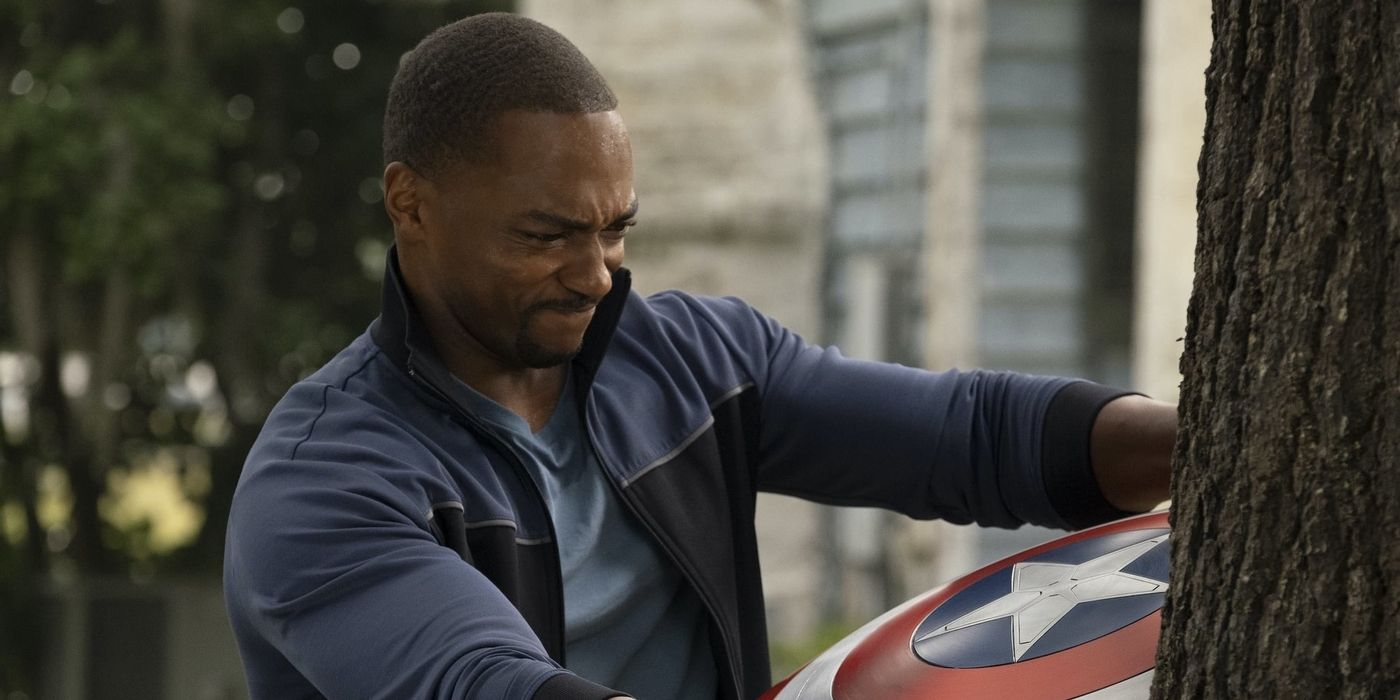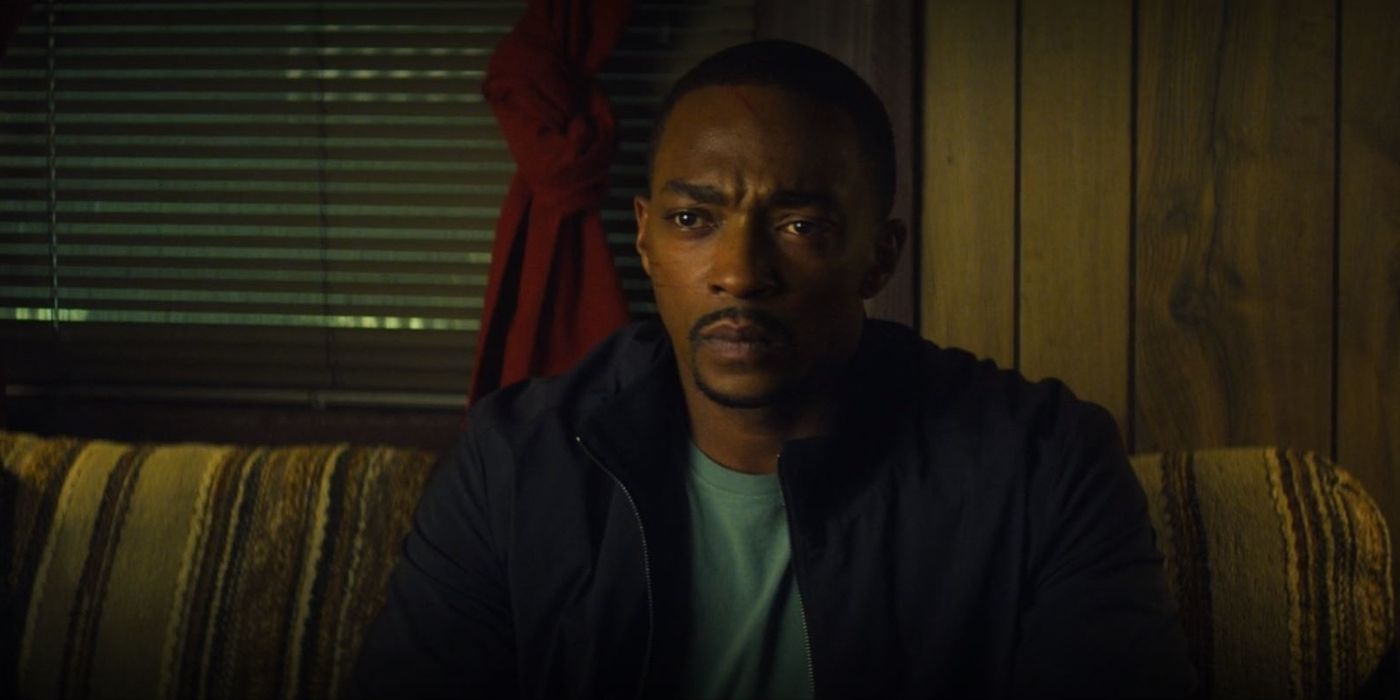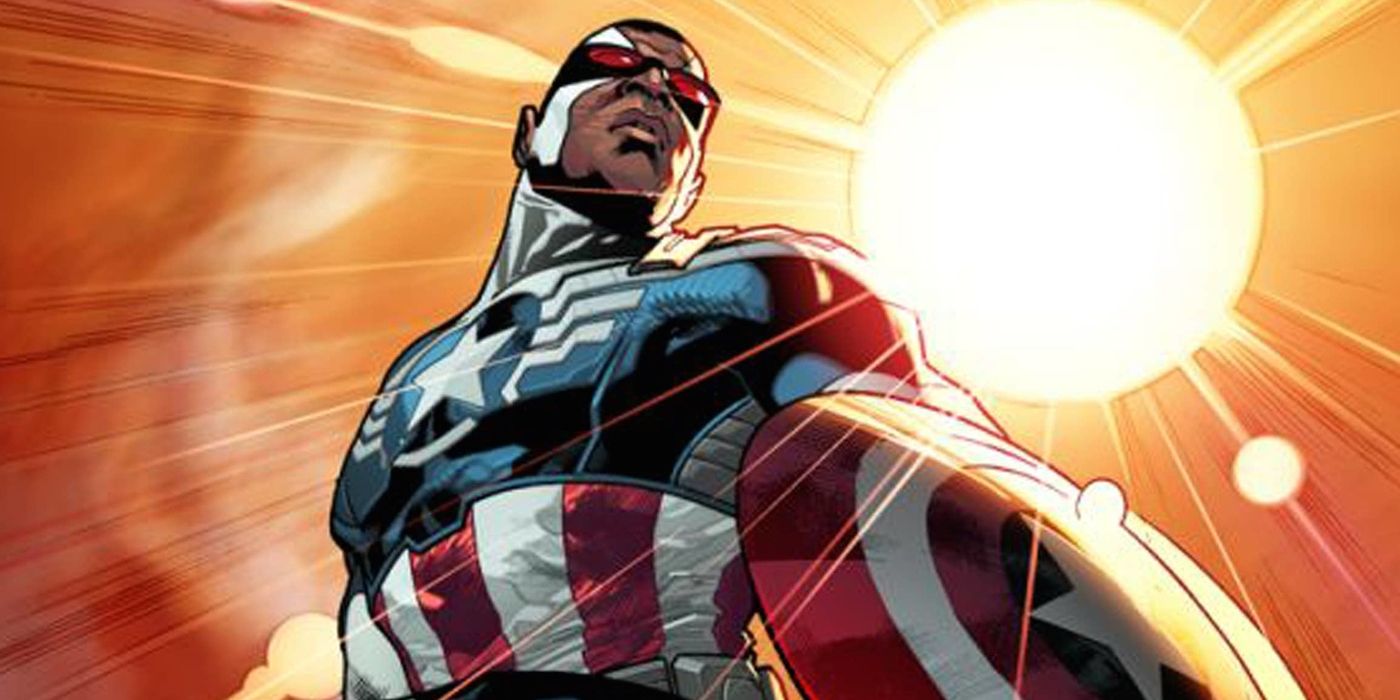The Falcon and the Winter Soldier’s finale is less than a week away after an hour-long episode five that served as a fantastic setup for an action-packed showdown in New York. However, the show never drives too far away from its Captain America roots providing more political and social commentary than any other Marvel production that came before it.
While the matter of choosing the next Cap was always meant to be The Falcon and the Winter Soldier’s end goal, ever since the series’ first two episodes both Sam Wilson’s own apprehensions towards filling in for Steve Rogers and the U.S. government’s qualms with the idea of a black Captain America took the spotlight as non-comic fans being introduced to Isaiah Bradley.
Isaiah Bradley is a relatively new character in Marvel Comics, only being introduced in 2003, although that still makes a few years older than Ed Brubaker’s Winter Soldier. However, it was a creative way to bring awareness to the horrors of the United States’ Tuskegee Syphilis Study, as the Truth: Red, White & Black comic series perfectly reframed the story in the fictional world of superheroes.
It’s no coincidence then that The Falcon and the Winter Soldier’s fifth episode is titled “Truth,” an obvious nod to Isaiah Bradley’s origin story, which was simply too good of an opportunity to pass on before modern MCU Sam Wilson assumes the role of Captain America, because even Disney’s Falcon has to deal with criminal profiling bias from the police.
Episode 5 really stepped up its game as far as character development goes for the series’ titular heroes, but even more so for Sam who accepts his duty as Captain America. He finally understands that he can’t allow someone like John Walker to take Steve’s place, because he can finally make Bucky see things in a different light and, mostly, because he feels the need to correct past injustices suffered by Isaiah.
In this regard, Isaiah Bradley acts as a messenger of the “truth” when he tells Sam something that he already knows to be partly true: that a black Captain America simply doesn’t go unnoticed. Although the background is radically different, the moment is reminiscent of the scrawny Steve Rogers being told by Dr. Abraham Erskine why he was chosen as the perfect specimen for the super-soldier experiment, those being the moral character and compassion he showed to have gained from his own life experiences.
For all his traits, Steve Rogers was far from perfect. Even he had to learn to defy authority on the grounds of that same sense of duty, something Bucky knew well enough to hide Isaiah’s story from his best friend. While Rogers’ would have been equally horrified to hear of his potential successor’s fate, Sam can relate to it even more, because he knows that it could have very well been his own life going down that road in the 1950s.
Bradley is a mirror for what Sam’s short life as Captain America would be like in an alternate universe, so his visit works as the perfect rite of passage before finally assuming Cap’s identity because he knows he has to find a way to do right by Isaiah. It really wouldn’t be that surprising if Wilson eventually finds a way to get the black Captain America story out in the public limelight and get Bradley’s name cleared.
The Falcon and the Winter Soldier had the benefit of being produced and coming out after Ta-Nehisi Coates started writing the Captain America comics, with the author at some point stating that he felt intimidated by being handed such a task due to the symbolism that is associated with the character even in real life.
As Coates and Steve Rogers put it, Captain America isn’t married to the United States at any point in history, but instead he is is supposed to be loyal to the American dream. He strives to fight for a world where regular folks like he once was had the right to equal opportunities, life, liberty and the pursuit of happiness.
Issue number one for Captain America came out on March 1, 1941, quite a few months prior to the Japanese Imperial forces bombing Pearl Harbor to mark the United States entrance into World War 2, meaning Cap was punching Hitler in kids' nightstands well before the war became a reality for the nation. Political commentary has been one of Cap's goals from the get-go, it's the reason why the second Captain America film tackles government surveillance and why The Falcon and the Winter Soldier can address social issues like no other superheroes could.
Anthony Mackie’s Captain America did not need a moment of “Truth” for him to eventually become a compelling Captain America, the character’s humble demeanor and overall rectitude were enough to pull that off. What the entire fifth episode -and especially his conversation with Isaiah- does is frame him as the type of Cap the post-blip MCU and, maybe even the real world, need right now.

